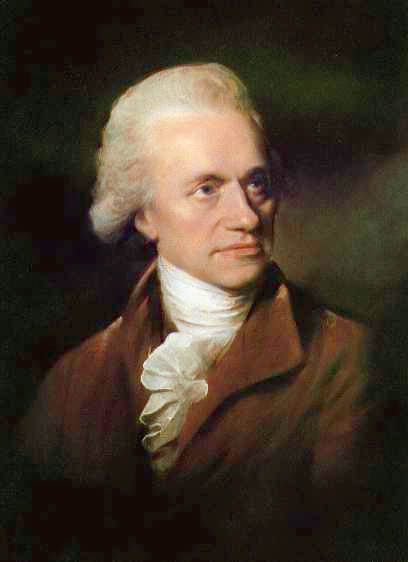[/caption]
We actually only know the exact date of when a few of the planets were discovered. Five of the planets, not including Earth, have been known to exist for thousands of years – Mercury, Mars, Venus, Jupiter, and Saturn. The Ancient Greeks and Romans wrote about the planets many centuries ago. Because the planets look like stars to the naked eye, that is where the term planets comes from. Because the planets move in the sky, they were termed wandering stars. The term planet comes from the Greek word for wanderer, “planetes.” Many ancient people thought that the planets were gods, so they gave them the names of their gods. All of the planets, except Earth have names of Roman deities.
The other three planets – Uranus, Neptune, and Pluto – were not discovered until at least the 1700’s. Pluto is no longer a planet since it was reclassified as a dwarf planet in 2006. It was known as the ninth planet for 70 years though, so its discovery will be included here. Uranus was discovered in 1781 by the famous astronomer Sir William Herschel, although that was not the first sighting of it. The planet had been sighted as early as 1690 by the English astronomer John Flamsteed. It was also sighted by Pierre Lemonier in the mid 1700’s. Sir Herschel at first thought that Uranus was a comet, but he noticed the irregularities early on and compared it to a planet in his notes.
Because Neptune cannot be seen without the help of a telescope, it was not discovered until after 1610, when Galileo created the telescope. Alexis Bouvard, a mathematician, saw that another planet had to be affecting Uranus’ orbit, so astronomers started looking for it. Two astronomers, John Couch Adams and Urbain Le Verrier, discovered Neptune independently or rather made the calculations and determined where Neptune could be found. The planet turned out to be 1° from Verrier’s calculations and 12° from Adams’. There was a dispute between France and England over who discovered the new planet because Adams and Verrier are from England and France respectively.
Pluto was the last planet discovered, although that distinction returned to Neptune when Pluto was reclassified as a dwarf planet. Pluto was discovered in 1930 by the astronomer Clyde Tombaugh. Many people had been searching for a ninth planet – the elusive planet X – for quite a while. Since Pluto was discovered near the calculated location of planet X, they thought the two planets were one and the same. Later, astronomers realized that there was no such planet X.
Universe Today has a number of articles on the planets including who discovered Neptune and the planets of our Solar System.
Check out these other articles including mathematical discovery of the planets and the planets.
Astronomy Cast has episodes on all of the planets including Mercury.

